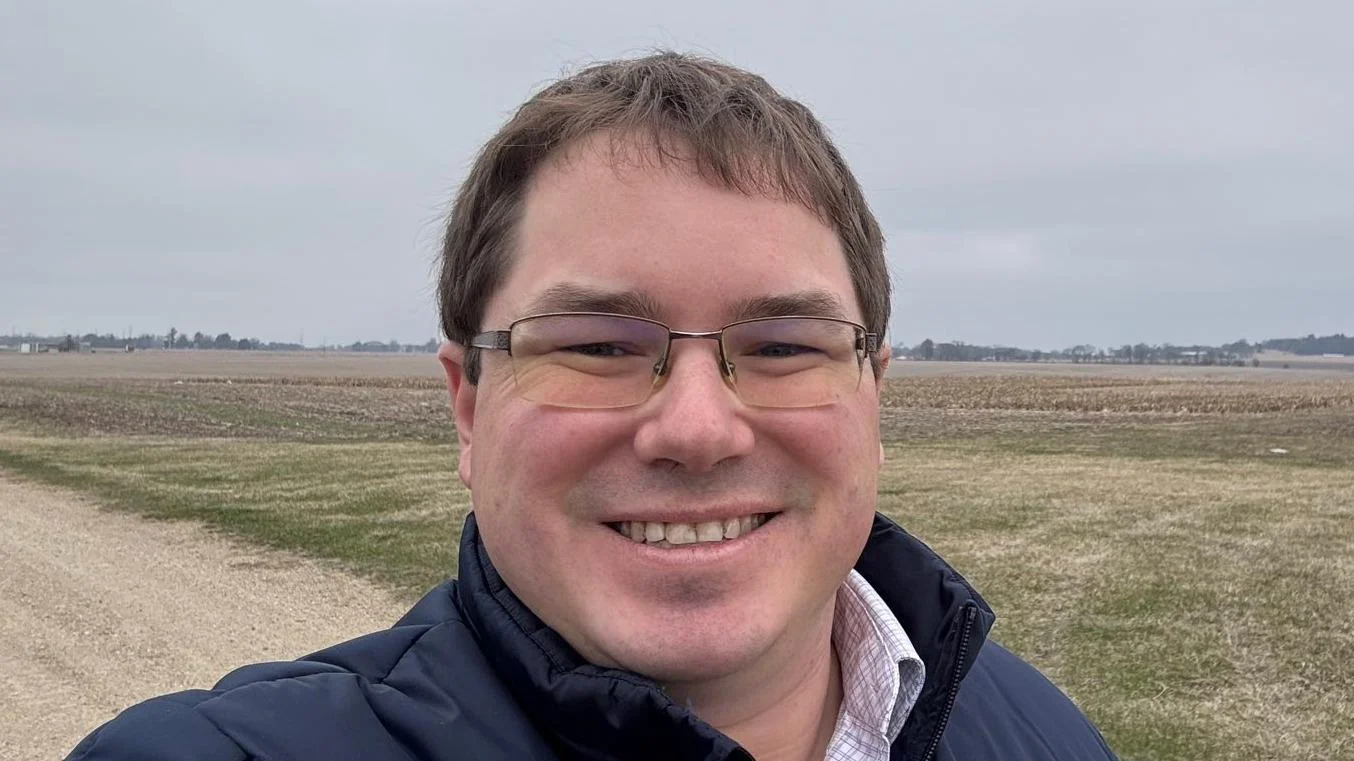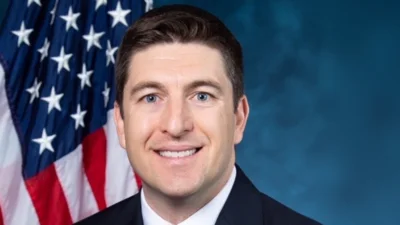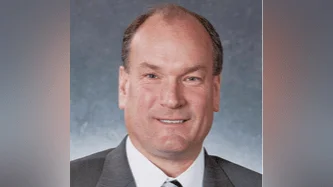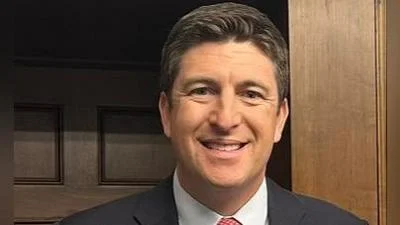Mark Spreitzer, Illinois State Senator for 15th District | www.facebook.com
Mark Spreitzer, Illinois State Senator for 15th District | www.facebook.com
According to the Wisconsin State Legislature's official website, the bill was described as follows: "grants for LGBTQIA+ rights training for school counselors and school social workers and making an appropriation. (FE)".
The following is our breakdown, based on the actual bill text, and may include interpretation to clarify its provisions.
In essence, this bill mandates the Department of Public Instruction to award grants to school boards for providing training on LGBTQIA+ rights to school counselors and social workers. The training programs must be developed or approved by the department, emphasizing understanding the rights of individuals who identify as lesbian, gay, bisexual, transgender, queer, intersex, or any other nonheterosexual or noncisgender orientation, identity, or expression. The bill allocates $2 million annually for this training initiative during the 2025-26 and 2026-27 fiscal years. The act will take effect either the day after its publication or two days following the publication of the 2025 biennial budget act, whichever is later.
The bill was co-authored by Representative Robyn Vining (Democrat-13th District), Senator Kristin Dassler-Alfheim (Democrat-18th District), Senator Dora E. Drake (Democrat-4th District), Senator Jodi Habush Sinykin (Democrat-8th District), and Senator Dianne H. Hesselbein (Democrat-27th District). It was co-sponsored by Representative Clinton M. Anderson (Democrat-45th District), Representative Deb Andraca (Democrat-23rd District), and Representative Margaret Arney (Democrat-18th District), along with 36 other co-sponsors.
Mark Spreitzer has co-authored or authored another 85 bills since the beginning of the 2025 session, with all of them being adopted.
Spreitzer graduated from Beloit College in 2009 with a BA.
Spreitzer, a Democrat, was elected to the Wisconsin State Senate in 2023 to represent the state's 15th Senate district, replacing previous state senator Janis Ringhand.
In Wisconsin, the legislative process starts when a senator, constituent, group, or agency proposes an idea for a bill. After drafting, the bill is introduced, numbered, and referred to a committee for review and public input. If approved, it moves through three readings and votes in both the Senate and Assembly. Once both chambers pass the same version, the bill goes to the governor, who can sign it, veto it, or let it become law without a signature. Only a small share of bills introduced each session ultimately become law. You can learn more about the Wisconsin legislative process here.
| Bill Number | Date Introduced | Short Description |
|---|---|---|
| SB321 | 06/12/2025 | Adopting gender-neutral terminology and incorporating gender-neutral marriage and parentage rights. (FE) |
| SB320 | 06/12/2025 | Grants for LGBTQIA+ rights training for school counselors and school social workers and making an appropriation. (FE) |
| SB288 | 05/30/2025 | Authorized lights for funeral procession vehicles |
| SB272 | 05/21/2025 | Eligibility for Family Care for individuals who are deaf-blind. (FE) |
| SB233 | 04/29/2025 | Inducements to sign or refrain from signing nomination papers, recall petitions, and certain other petitions |
| SB223 | 04/25/2025 | Discrimination in employment, housing, public accommodations, education, insurance coverage, national guard, jury duty, and adoption and in the receipt of mental health or vocational rehabilitation services |
| SB217 | 04/16/2025 | Eliminating the publication requirement for a name change petition seeking to conform an individual’s name with the individual’s gender identity |
| SB185 | 04/14/2025 | Property tax exemption for nonprofit theaters. (FE) |
| SB149 | 03/21/2025 | Requiring the legislature to convene an extraordinary session if an executive order of the president of the United States freezes federal aid to the state |





 Alerts Sign-up
Alerts Sign-up